By the virtue of existing as a human being, you are entitled to fundamental human rights. These rights are basic, compulsory and important. Ordinarily, you are not to be denied these rights. And on the other hand, you are not to deprive another of them.
These fundamental human rights include the right to life, the right to dignity of human persons, right to personal liberty, right to a fair hearing, right to private and family life, right to freedom of thought conscience and religion, right to freedom of expression and press, right to peaceful assembly and association, right to freedom of movement, right to freedom from discrimination, right to acquire and own immovable properties.
Join our WhatsApp ChannelAs one of the fundamental human rights, your right to personal liberty means that you are free to do whatever pleases you as long as it does not trespass on the rights of another person or go contrary to the provisions of the law of the country.
Also, the Merriam-Webster dictionary defines personal liberty as “the freedom of the individual to do as he pleases limited only by the authority of politically organized society to regulate his action to secure the public health, safety, or morals or of other recognized social interests”
The Nigerian constitution guarantees that you are free to live as you please. Chapter 4 Section 35 (1) stipulates “Every person shall be entitled to his personal liberty and no person shall be deprived of such liberty save in the following cases and in accordance with a procedure permitted by law”.
However, as stipulated in chapter 4 section 35 (1) (a-e) of the constitution of the Federal Republic of Nigeria, certain conditions can prevent you from exercising your right to personal liberty. These conditions include
- When you have been found guilty of a crime by a competent court. Subsection 1(a) states, “In execution of the sentence or order of a court in respect of a criminal offence of which he has been found guilty.”
- When you fail to carry out a court order. Subsection 1(b) states “By reason of his failure to comply with the order of a court or in order to secure the fulfilment of any obligation imposed upon him by law.”
- When there is reasonable suspicion that you committed or are about to commit a criminal offence. Subsection 1(c) states “for the purpose of bringing him before a court in execution of the order of a court or upon reasonable suspicion of his having committed a criminal offence, or to such extent as may be reasonably necessary to prevent his committing a criminal offence.”
- When You have not attended the age of 18 and you are restricted for the sake of your education and welfare. Subsection 1(d) states “In the case of a person who has not attained the age of eighteen years for the purpose of his/her education or welfare.”
- When you have an infectious or contagious disease or you are not in a sound state of mind. Subsection 1(e) states, “In the case of persons suffering from infectious or contagious disease, persons of unsound mind, persons addicted to drugs or alcohol or vagrants, for the purpose of their care or treatment or the protection of the community.”
- When you enter a country illegally. Subsection 1 (f) states,
“For the purpose of preventing the unlawful entry of any person into Nigeria…” - When you are going to be deported or extradited. Subsection 1 (f) also states
“effecting the expulsion, extradition or other lawful removal from Nigeria of any person or the taking of proceedings relating thereto.”

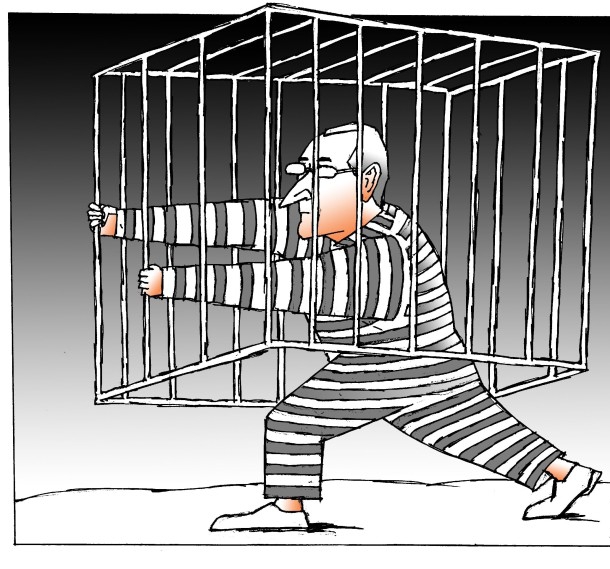


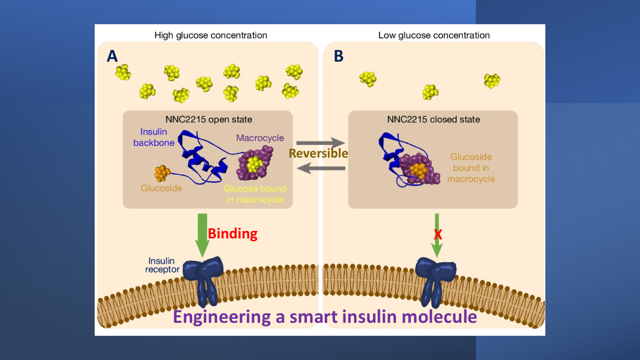
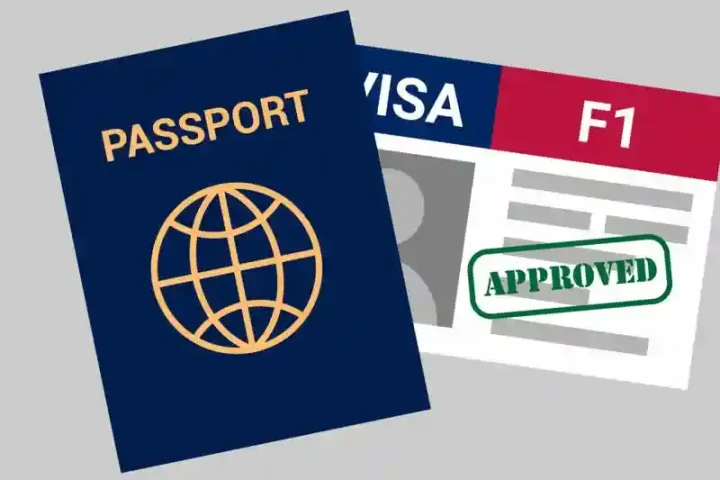








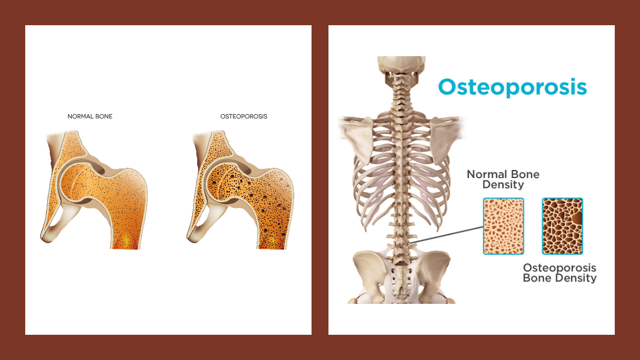
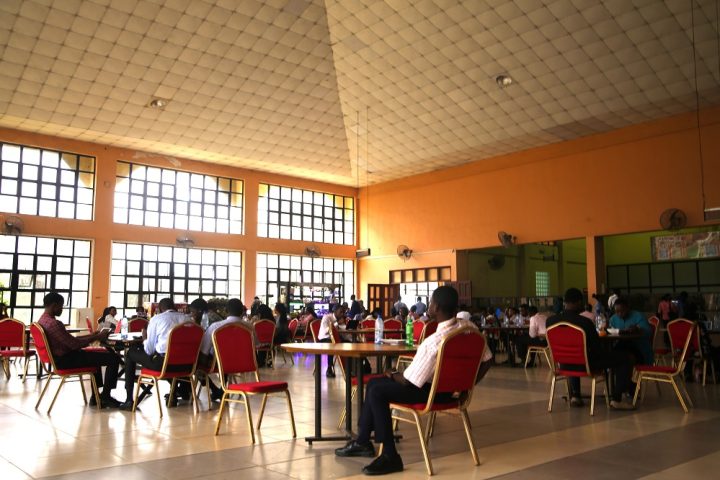

Follow Us